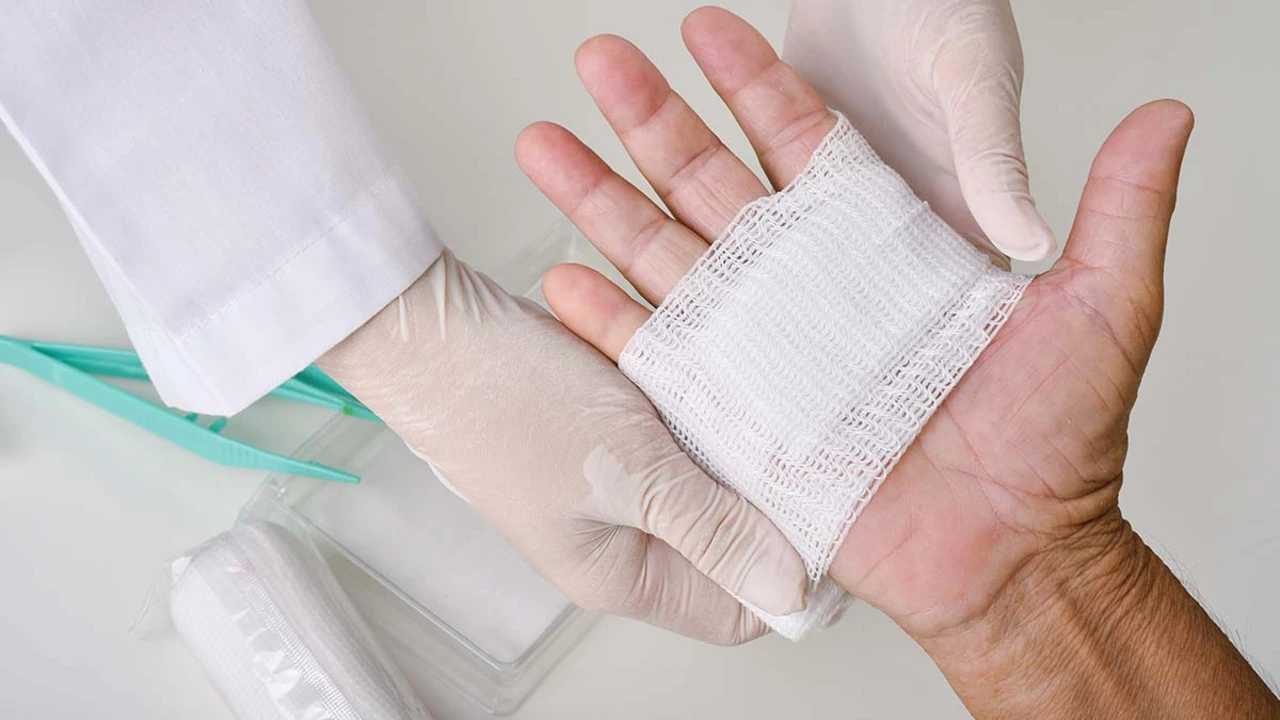The Anatomy of a Wound
Ah, wounds. Nothing reminds you more acutely of the fragility of human life than looking at your own blood oozing out of your skin. Hollywood loves to glamorize them in action flicks, but the truth of the matter is that they're considerably less exciting—or insightful, I should say—in "real" life. In terms of our bodily anatomy, a wound is simply a break or disruption in the normal integrity of the skin and tissues. This can be caused by various reasons such as a cut, scrape, or burn. As a matter of fact, remember the time when I was cooking sausages for my kids, Elara and Basil, and ended up having a nasty oil splash burn on my forearm? Yeah, that was a wound too!
Why Proper Wound Care Is Critical
Wound care might seem as straightforward as a kangaroo’s hopping direction, but folks, it's often underrated in its complexity and importance. No matter how big or small a wound is, infection can easily set in if it's not taken care of properly. And when it does, it can turn a small boo-boo into something as dangerous as a life-threatening disease. Not that I'm trying to scare you or anything; I am merely emphasising the importance of proper wound care. Talk about the butterfly effect, right? A microscopic bacteria enters your tiny cut, multiplies, and kaboom—you have a full-blown skin infection.
The Importance of Keeping Wounds Clean
Preventing skin infections starts with keeping the wound screeching clean. It's as simple as washing it with good old soap and clean water. You've got to ensure that all the nasty stuff like dirt or debris that may have entered the wound, has been flushed out. It reminded me of the days when Basil, my adventurous lad, came home with a bleeding scrape after an afternoon of climbing trees. I bet his tears evaporated when he saw the gushing water but hey, it disinfected beautifully! Point being, clean wounds mean fewer chances of skin infection.
Keeping the Wounds Covered
Covering your wound might seem like the most common sense thing in the world, but hold on, it's more scientific than you might think. In fact, a study from Queensland University found significant advantages in keeping wounds moist and covered, rather than leaving them open to the air. Bet you didn't know that. It's bizarre to think that the good old "air it out" method could actually delay wound healing and increase the risk of infection. So next time, forget about the action-hero look and slap a bandage on it instead.
Selecting the Right Wound Care Products
And now, for the grand finale, let’s delve into the world of wound care products. Are you at that point in your life where an unexpected trip to the pharmacy aisle takes you back on a reminiscent tour of your various injuries over time? No? Just me then. Either way, understanding the different types of dressings and antibacterial creams is quite crucial—they’re not all created equal, you know. Some dressings work better with certain types of wounds than others. Getting the right cream might mean stopping bacteria in their path like the strong leading character in a fantasy film (with fewer dragons and more pesky microbes). So, folks, do your research, or, if in doubt, ask your friendly neighbourhood pharmacist. They may not wear capes, but they definitely save the day when it comes to wound care.
All in all, taking care of wounds is as significant as the role tea plays in our lives (quite considerable, if I say so myself). Preventing skin infections is no herculean task, just clean and cover your wounds, and choose the correct care products. Look after your wound, and it will heal properly. Neglect it, and the consequences can be, well, especially irritating. So, let’s not brush off wound care as trivial. Just as you wouldn't want to watch your favourite film in terrible resolution, don't let a wound mar your otherwise wonderful skin. Now, as Cedric, I urge you all to be a bit more compassionate and attentive towards your wounds because trust me, it's worth it!




Michael Kusold on 8 November 2023, AT 19:56 PM
Just a quick heads up, keep that cut clean and covered.